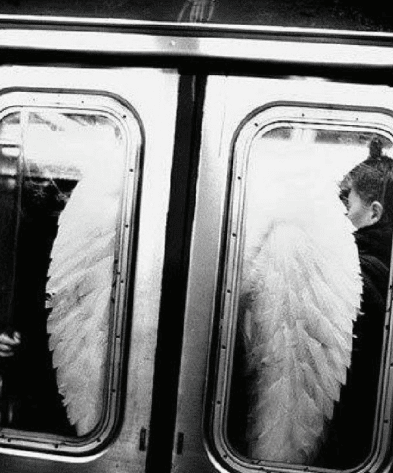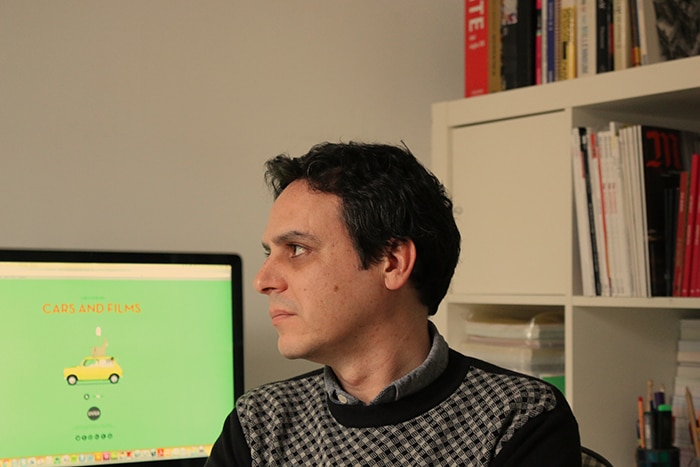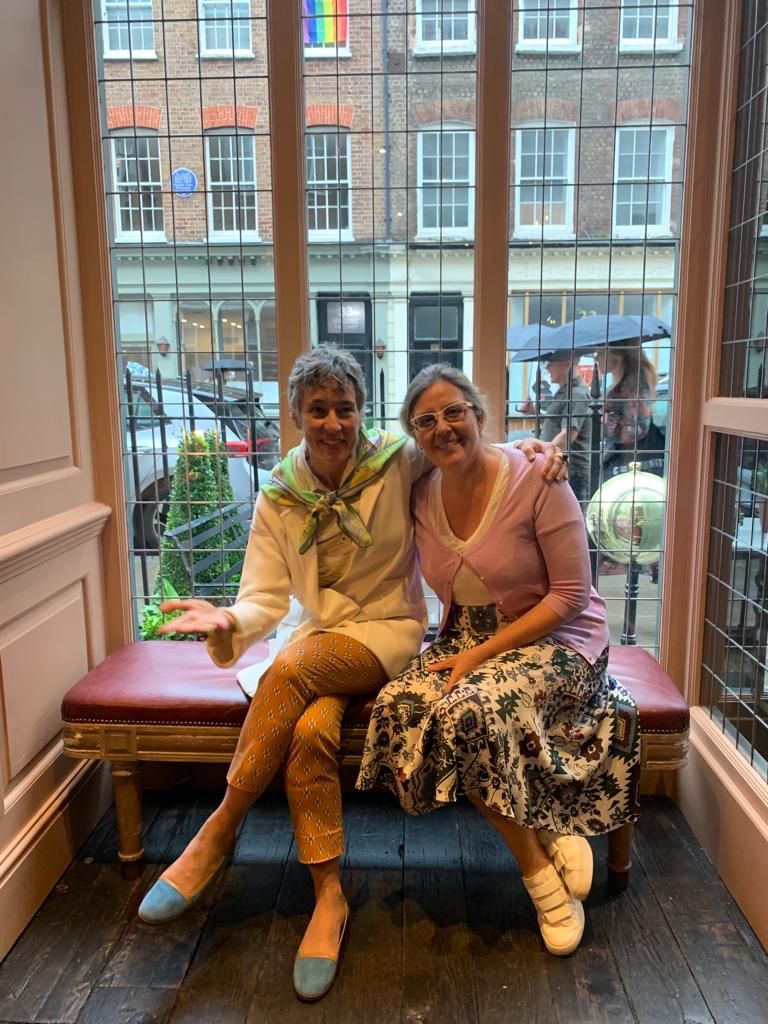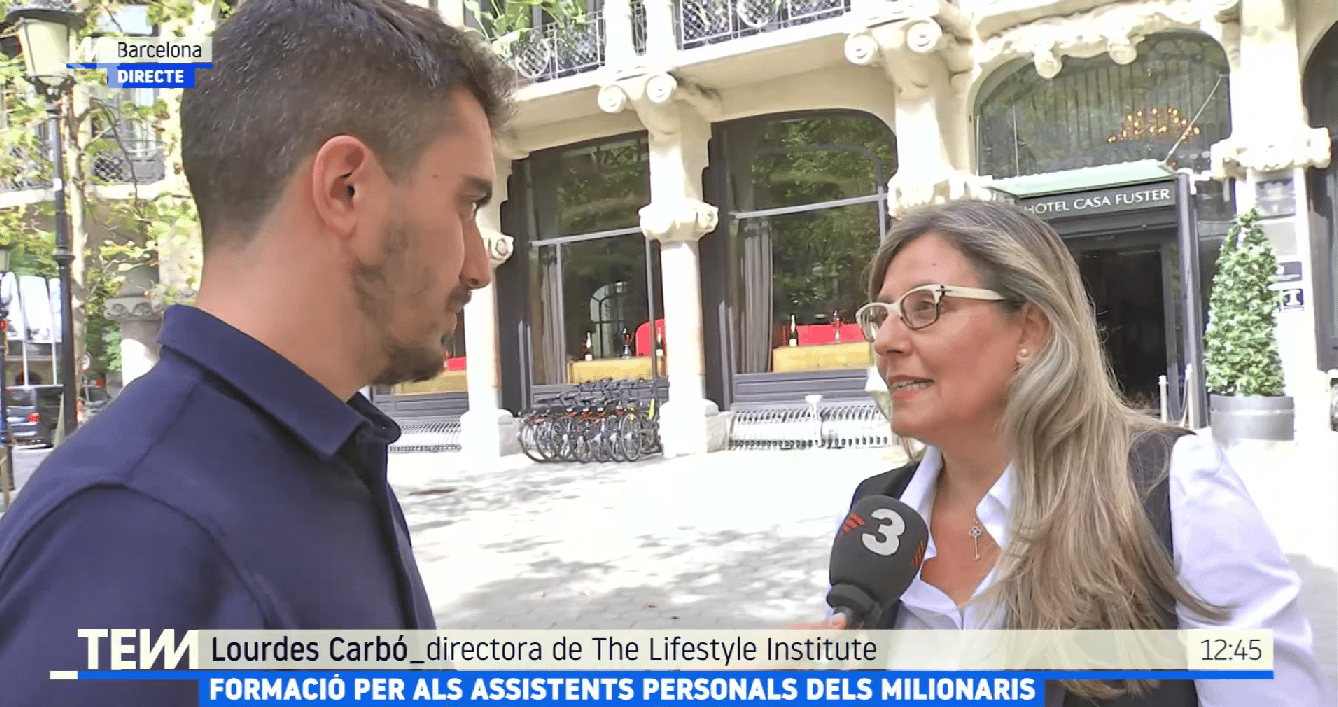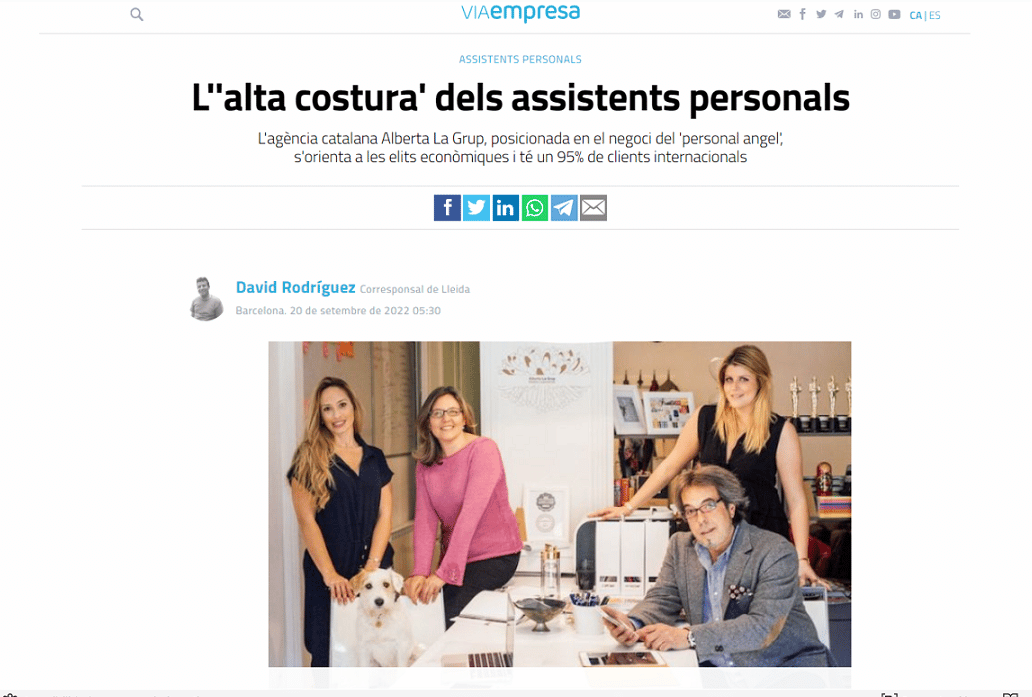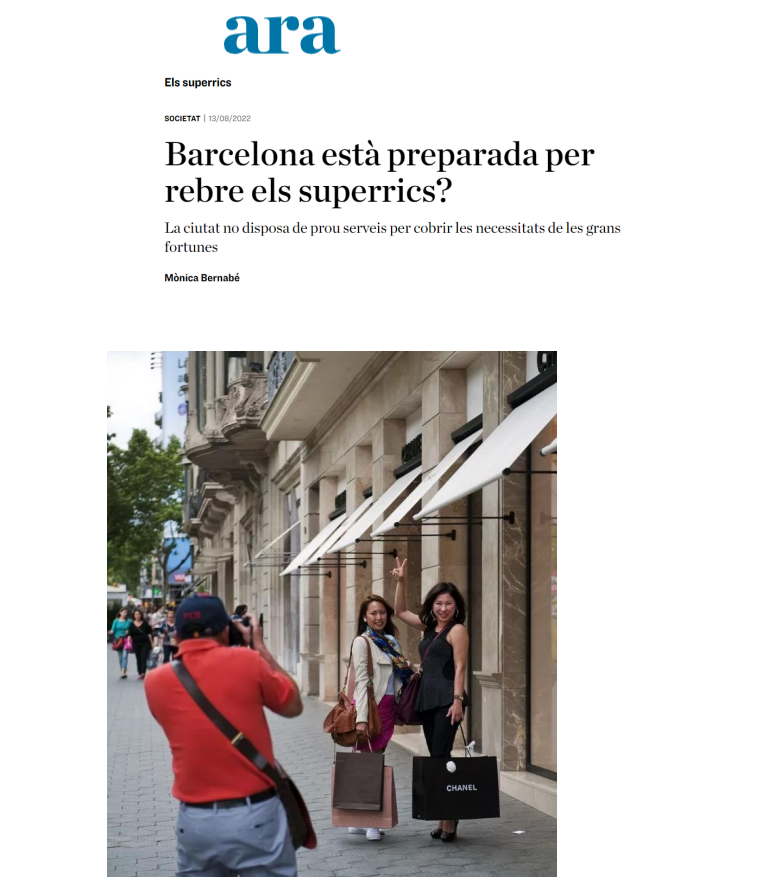Editorial The Lifestyle Institute | Author: María José Núñez | November 2022
How important is training when channelling your career towards becoming a professional Personal Angel? In another editorial, we already discussed the role of experience in the area of Lifestyle Management and whether this is fundamental or not, as well as the importance of having good prior training in order to know all the different areas, attitudes and aptitudes that are required so that you can spread your wings to take on this new professional journey. Now the time has come to take a look at the reasons why you should choose the correct training if you want to start your adventure in the fascinating world of lifestyle management. Let’s fly!
(Sigue en español)
Why not start at the beginning: Your current professional situation… What stage of your career do you find yourself in? Are you starting to look into your first professional role and this is an area that has caught your attention? Or maybe you find yourself with a endless doubts and you’re not sure where to begin? Or maybe, following a long time in a career that you understood to be your vocation, you suddenly wish to broaden your horizons and try to re-train in an area that you feel you could stand out in?
Perhaps you want to reinvent yourself and break the glass ceiling that exists in your current role? Or recycle your knowledge in a role where it could be put to better use? There are so many different scenarios and the range of possibilities is so extensive these days that each and every reason is valid and, in the end, comes down to the same concept: OPPORTUNITY.
Yes, opportunity: that convenient moment that suddenly appears and invites us to do something. This, therefore, would be the first important reason to justify the importance of training when starting your career path as a Personal Angel. Grabbing that moment of opportunity with both hands and going for it; taking that first step and saying to yourself: “this could be mine” or “I’m going to trust in the process of educating myself, soaking up, or however you want to call it, this knowledge and these tools to make sure that these wings start to take shape….”
Now for the next steps: tools. When you start with your training, this is something you begin to acquire, one by one… You can then use these tools to start building those wings that you so want. We call them subjects, and you will use them to start building up the key concepts in your mind, such as: Leadership, Cultural Codes, the Value of Time, Personal Branding, Philanthropy, Communication Skills, Emotional Intelligence, Abuse of Power, the Luxury Market, Protocol, Personal Image, and many more… These will create knowledge of the 137 skills that you will need to become a Personal Angel.
“Those who don’t jump will never fly”
(Leena Ahmad Almashat)
And here comes the final important reason as to why you should choose to learn about this unique profession: you will finish the course with your wings ready to take flight. As we mentioned in our reflexion about experience, each PA is completely ready to start working in this profession as soon as they finish their academic training.
In The Lifestyle Institute, students are trained and become familiar with a wide range of subjects, fulfilling the requirements to get started on their new career path. These requirements are met solely because they have studied in order to be successful in this line of work. Why? Simply because this is not a purely theoretical skill, but also a skill that is based on ‘lifestyle’ and ‘experience-based training’, with valuable instruction that guides the student towards wherever they want to fly to. In the words of the racing driver Bobby Unser: “Success is where preparation and opportunity meet” – the moral of the story being that to rise to an opportunity, you need to be prepared first!
Copyright ©by Alberta La Grup
If you wish to re-print this article or photos, that’s fine. Just include the biography at the end of the article. Thank you!
Translation: Emily Benton
La importancia de la formación en la profesión de Personal Angel
Autora: María José Núñez | Barcelona, Noviembre 2022
¿Hasta qué punto es importante la formación para encauzarte hacia la profesión de Personal Angel? Ya iniciamos una vez un editorial acerca del papel de la experiencia en el ámbito del Lifestyle Management, de si es fundamental o no lo es, y finalmente, de la preponderancia de una buena preparación previa para conocer todos los campos, actitudes y aptitudes que has de poseer para abrir tus alas hacia este nuevo camino laboral. Ha llegado el momento de analizar las causas de por qué debes optar por formarte adecuadamente si quieres proyectar tu futuro hacia este fascinante mundo de la gestión del estilo de vida. Let’s fly!
Empezamos por el principio… Como no. Tu situación laboral actual… ¿En qué momento te encuentras? ¿Ante tu primer posible trabajo y éste te ha llamado la atención? O bien, ¿frente a un mar de dudas por qué no sabes hacia dónde tirar? O tras una larga trayectoria en lo que se suponía que era tu vocación, ¿te replanteas ampliar horizontes y probar a formarte en algo en lo que posiblemente podrías destacar? ¿Deseas reinventarte y romper ese techo de cristal en el que sientas que estás? ¿O reciclarte porque el saber no ocupa lugar…? Son tantos los escenarios y tan extenso el abanico de posibilidades hoy en día, que todos son igualmente válidos, y todos se resumen en una misma idea: OPORTUNIDAD.
Sí, la oportunidad ese momento conveniente que aparece sin más para invitarnos a hacer algo. Sería, por lo tanto, la primera buena y estimulante razón para justificar la importancia de la formación para convertirse en Personal Angel. Hallar el instante oportuno para ir a por ello; dar el primer paso y decir: “esto puede ser lo mío o voy a apostar por educarme, empaparme o como quieras llamar a adquirir los conocimientos y herramientas para conseguir ir que esas alas vayan tomando forma…
Ahora el siguiente paso: las herramientas. Al formarte, las irás adquiriendo. Una a una… Y con ellas podrás construir esas alas que tanto ansías. Les llamamos materias. En éstas irás edificando en tu cabeza conceptos como Liderazgo, Códigos Culturales, el Valor del Tiempo, La Marca Personal, la Filantropía, Habilidades de Comunicación, la Inteligencia Emocional, el Abuso de Poder, El Mercado del Lujo, el Protocolo, La Imagen Personal… y muchos más que irán conformando las 137 habilidades que necesitas para convertirte en Ángel Personal.
“Aquellos que no saltan nunca volarán”
(Leena Ahmad Almashat)
Y llega la última razón de peso para optar por el aprendizaje de esta profesión única: saldrás con las alas listas para emprender el vuelo, pues tal y como apuntábamos en nuestra reflexión sobre la experiencia, el PA está totalmente capacitado para ejercer su profesión desde el instante en que finaliza su formación académica.
En The Lifestyle Institute, los alumnos se entrenan y familiarizan en una gran variedad de asignaturas, con los requerimientos para lanzarse en su carrera profesional. Dicho esto, los requisitos que ha de reunir le vienen dados únicamente por el hecho de estudiar para poder desempeñar este trabajo. ¿Por qué? Sencillamente, porque no es una capacitación estrictamente teórica, pues las bases se asientan en el ‘lifestyle’ de hoy y en una ‘formación experiencial’, con instrucción valiosa para decidir hacia donde volar, pues como dijo el piloto Bobby Unser: “el éxito es donde la preparación y la oportunidad se encuentran”, cuya moraleja es algo así como que para tener una oportunidad es necesario siempre prepararse antes. ¡Ahí lo dejamos!
Todos los derechos reservados ©by Alberta La Grup
Si quieres publicar este artículo o fotografía, está bien. Sólo debes incluir la biografía, autor y esta información sobre los derechos. Gracias.
Traducción: Emily Benton

